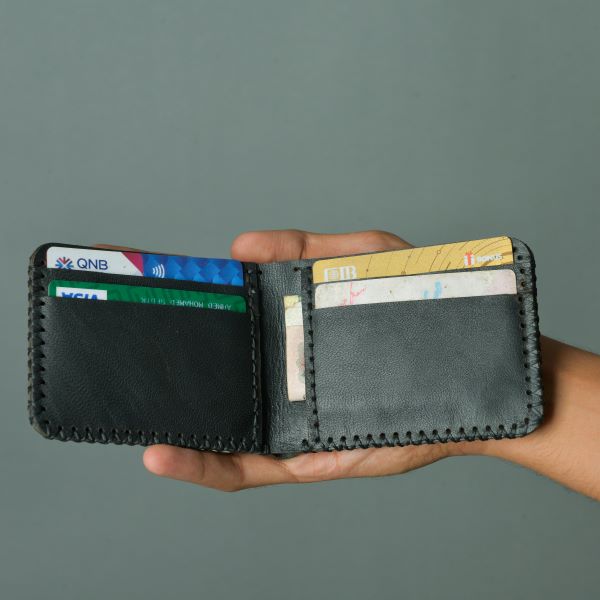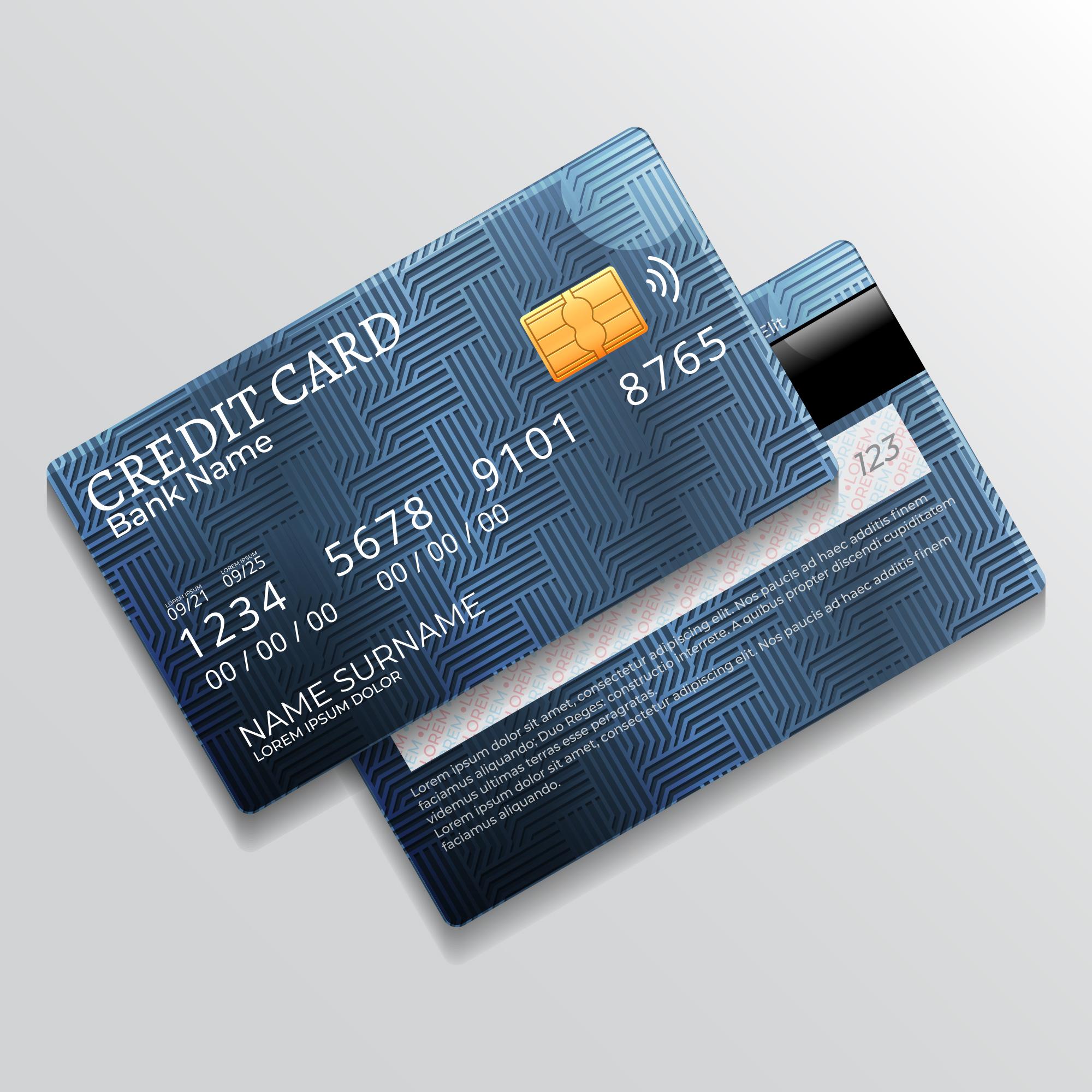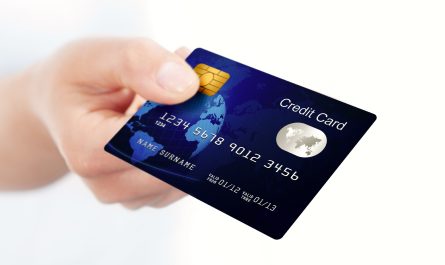In today’s fast-paced world, credit cards have become an indispensable financial tool for many people. With the convenience they offer in making purchases and managing expenses, it’s crucial to understand the dos and don’ts of using a credit card to avoid falling into debt traps and financial trouble. In this blog post, we will discuss ten essential tips to help you make the most of your credit card while staying financially responsible.
But before we go through the Dos and Don’ts of using a credit card, let us first talk about how to avail one, shall we?
The process is simple and hassle-free through Airtel Finance:
- Download the Airtel Thanks App from either the PlayStore or the App Store if you haven’t already done so.
- Once the app is installed, open it and go to the ‘shop’ category.
- Under ‘Financial Services’, select ‘credit card’.
- Fill in the necessary information as requested.
- Your credit card will then be delivered to you after the application process is completed.
Dos of using a Credit Card:
Pay Your Bill on Time: One of the most critical dos of using a credit card is to pay your bill on time every month. Late payments can lead to hefty penalties, increased interest rates, and a negative impact on your credit score.
Monitor Your Spending: Keep track of your credit card transactions regularly to ensure that you are within your budget. Monitoring your spending can help you identify any unauthorized charges and prevent overspending.
Also Read: How to avoid interest charges on a credit card?
Utilize Rewards and Benefits: Take advantage of the rewards and benefits offered by your credit card issuer, such as cashback, travel rewards, or discounts. Using these perks wisely can help you save money on your purchases.
Keep Your Credit Utilization Low: Aim to keep your credit utilization ratio below 30% to maintain a healthy credit score. High credit utilization can indicate financial strain and may negatively impact your creditworthiness.
Review Your Statements: Check your credit card statements carefully for any errors or fraudulent activities. Reporting discrepancies promptly can help protect you from identity theft and unauthorized charges.
Also Read: How Credit Card Validators Help You Prevent Financial Fraud?
Don’ts of Using a Credit Card:
Don’t Overspend: Avoid using your credit card to make purchases that are beyond your means. Accumulating high levels of debt can lead to financial stress and long-term consequences for your financial health.
Don’t Ignore the Fine Print: Before signing up for a credit card, make sure to read and understand the terms and conditions, including interest rates, fees, and penalties. Ignoring the fine print can result in unexpected costs and charges.
Don’t Max Out Your Credit Limit: Maxing out your credit card limit can harm your credit score and increase your debt burden. Aim to keep your balance well below the credit limit to demonstrate responsible credit usage.
Don’t Use Your Credit Card for Cash Advances: Cash advances on credit cards often come with high fees and interest rates, making them an expensive way to borrow money. It’s best to avoid using your credit card for cash withdrawals.
Also Read: How Many Credit Cards Should You Have?
Don’t Close Old Credit Card Accounts: Closing old credit card accounts can shorten your credit history and impact your credit score. Instead, consider keeping your oldest accounts open to maintain a positive credit profile.
By following these dos and don’ts of using a credit card, you can make informed financial decisions and build a healthy credit history. Remember that responsible credit card usage is key to achieving financial stability and reaching your financial goals.
FAQs:
Q1: Can using a credit card improve my credit score?
A1: Yes, using a credit card responsibly by making timely payments and keeping your balances low can positively impact your credit score over time.
Q2: How can I avoid falling into credit card debt?
A2: To avoid credit card debt, create a budget, pay your bills on time, and avoid overspending by sticking to your budget.
Q3: What should I do if I suspect fraudulent activity on my credit card?
A3: If you notice any unauthorized charges on your credit card, contact your card issuer immediately to report the issue and request a replacement card.
Q4: Are there any benefits to having multiple credit cards?
A4: Having multiple credit cards can provide flexibility and access to different rewards programs, but it’s essential to manage them responsibly to avoid debt.
Q5: How often should I review my credit card statements?
A5: It’s advisable to review your credit card statements at least once a month to check for any errors, unauthorized charges, or unusual activity.
Also Read: What is Credit Card Skimming and How to Avoid It?
Remember, responsible credit card usage is crucial for maintaining your financial well-being and achieving your financial goals. By following these dos and don’ts and staying informed about your credit card terms and conditions, you can make the most of your credit card while avoiding common pitfalls.


 Get App
Get App  Airtel Store
Airtel Store  Login
Login 


